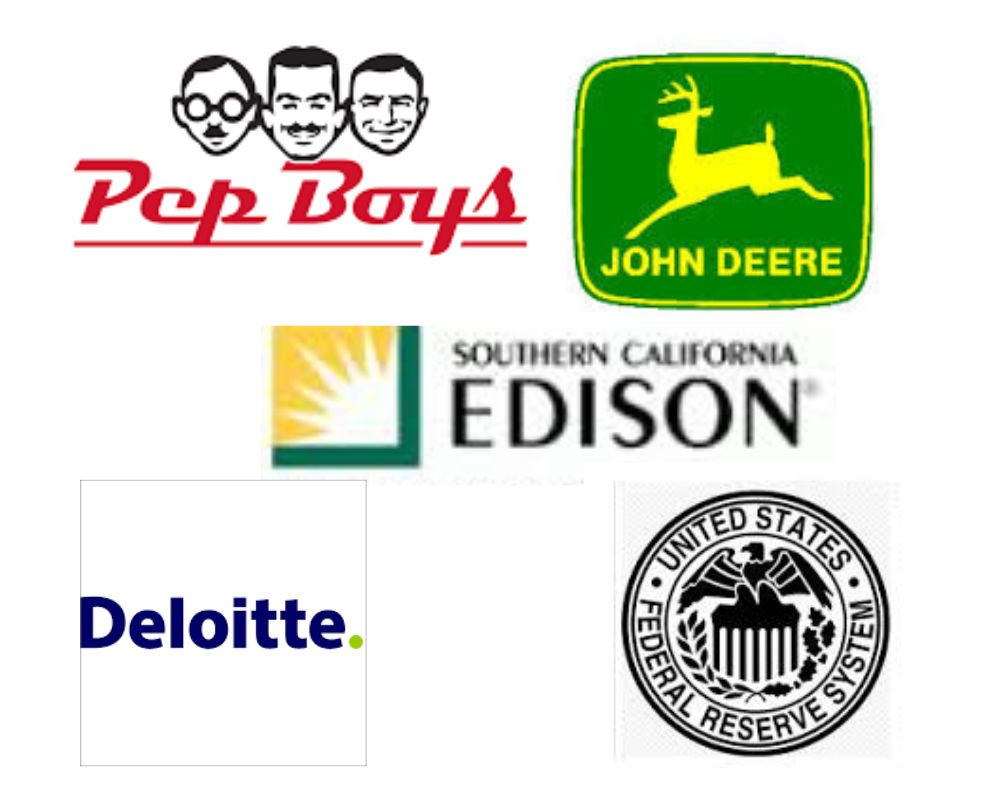–By Jan McInnis, Comedian and Keynote Speaker
While giving a commencement speech at a college graduation, Steve Jobs said something that has become one of my favorite quotations (I’m paraphrasing): Life does not make sense until you look at it backwards.
How true! And as a comedian who got her start 20 years ago in comedy clubs, I’ve spent some time looking back at all of the unsolicited advice, opinions and comments people have expressed to me over the years. And what’s funny is I’ve found some gems that, though awful at first glance, turned out to guide my career (and life!) because I really listened to what the person was saying. Now that I make my living doing humor keynotes and comedy shows for associations and corporations, it’s fun to look back on the comedy club wisdom and what I learned from it.
“You ain’t got any of them ‘thinkin’ jokes,’ do ya?” This was not so much a question as a warning, and it came from a bar owner who apparently was afraid that his crowd would go “a-thinkin.” (And maybe realize they shouldn’t be sitting in a bar every night?) Back in my early years of comedy, we comics did bar gigs – called “one-nighters” – to fill in the financial gaps when we weren’t booked in comedy clubs. The crowds at these gigs were rough not only because a lot of the patrons had begun drinking at noon, but sometimes the bar owner didn’t even tell the people there was going to be a comedy show. He’d just turn off the Monday night football game and send the comic up! Isn’t that a great idea? NOT!
What I learned: Stick to my goals. I’d like to say my “thinkin’ jokes” gig was a hit, but it wasn’t; they wanted dirtier humor. That 30 minutes on that stage felt like three hours but by sticking to my guns and not changing my act for those types of groups, I eventually found my niche in the association and corporate convention arena. If I had changed my act to pander to that crowd, I’d still be doing bar gigs.
“Don’t bring the waitresses back to the condo!” These were the signs posted all over the comedy condos where we comics lived together for the week of shows. (Yes, I had the privilege of rooming with 20-something male comedians who liked to party.) The club owners posted these warnings because of what generally happened when a comic got “too cozy” with a waitress: the waitress fell in love, the comedian moved on to another city the next week, and then the heartbroken waitress quit. It might make for a good Julia Roberts movie, but it’s lousy for running a business.
What I learned: Don’t mess up on the little stuff. While I never had a dating issue with the waitstaff, I understood what the club owners were really saying– you may be funny, but that’s not the club owner’s only concern. I know I’m funny, but I also know I also got booked because of the things I didn’t do.
“Because I saw what happened to you.” I heard this from a friend and former comedian. Even though we both started out at pretty much the same time, I moved on to bigger gigs while she faded out of comedy. Years later, I ran into her and, after a couple glasses of wine, asked why she stopped doing comedy. Without hesitation, she answered, “Because I saw what happened to you.” She heard about the hard one-nighters (see above “thinkin’ jokes”) and it scared her away.
What I learned: Don’t let someone else’s experiences scare you away from your journey. I assured her that things are going great now: the one-nighters are (thankfully) over, and the crowds actually like my “thinkin’ jokes!”
“Don’t worry about being stuck as an emcee.” This was probably the best career advice I ever got, and it was given to me from veteran comedian Lord Carrett (his real name!). The emcee spot is for new comics and it’s the bottom of the comedy ladder: low pay and no prestige. So many comics push to move out of that spot as fast as they can into a better paying position (feature or headliner). Unfortunately, they don’t have the stage presence or material to do well in those spots, and so they end up being labeled as a mediocre act or not getting booked at all. Lord told me to stay as an emcee as long as I could stand it while building a strong act, and then I’ll have the tools to make a good living at it. I followed his advice, and like clockwork I zipped up through the comedy ranks.






